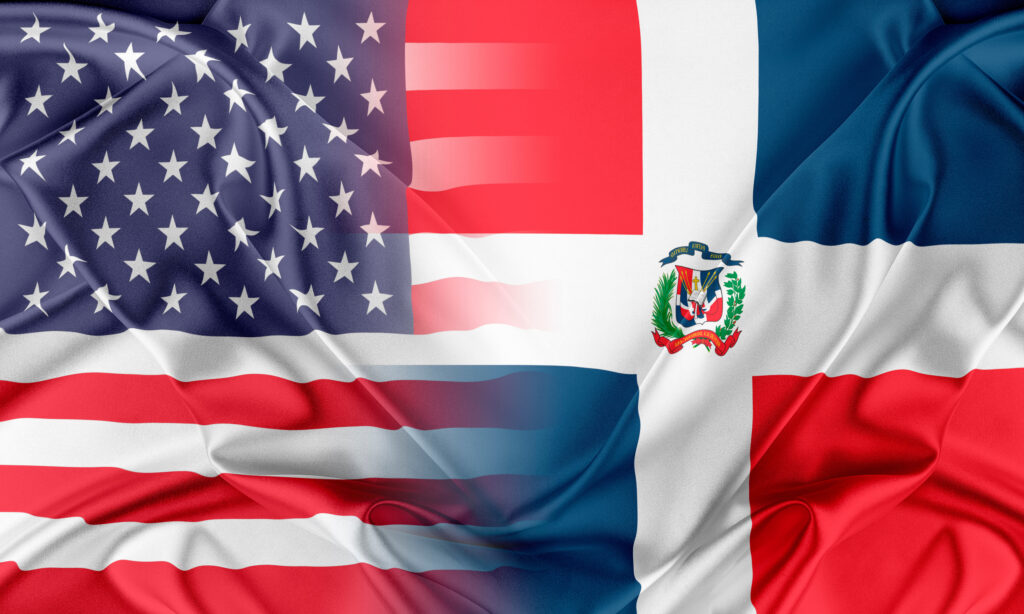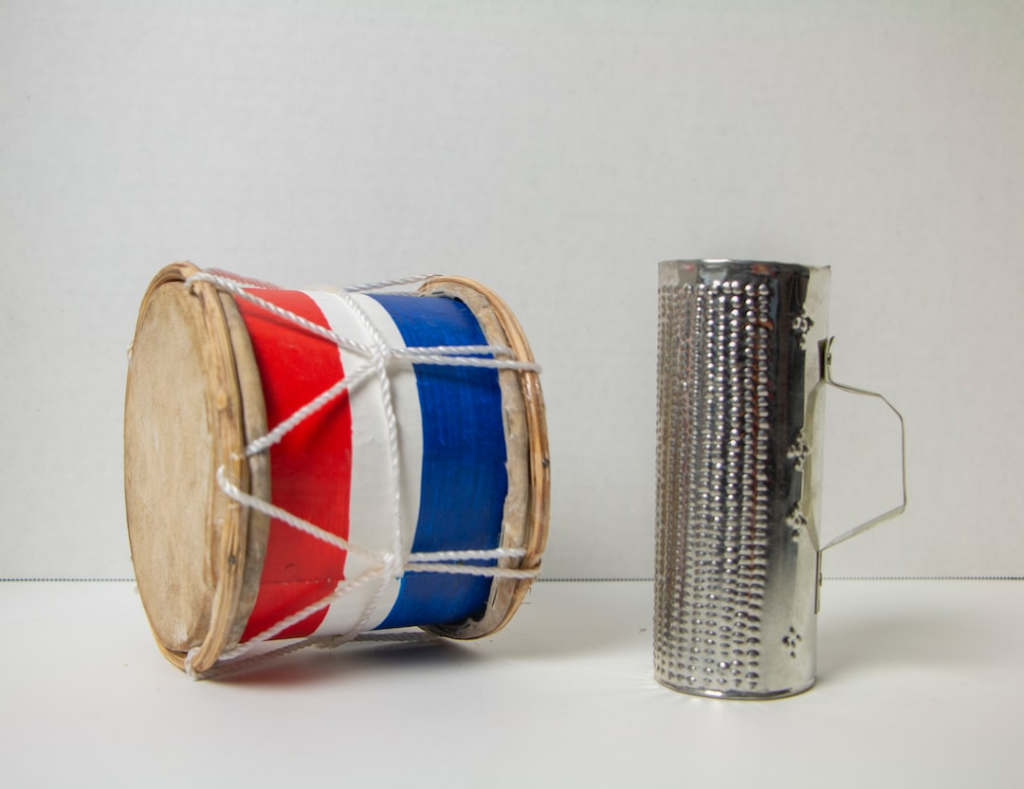
Americans in the Dominican Republic
There are a lot English to Dominican Spanish words because The Dominican Republic is one of the countries whose citizens have emigrated to the United States of America in large numbers in recent years, due to multiple social and economic reasons. This has led to the influence of the English language playing an important role in the speech of Dominicans.
However, many argue that this influence of English in the Dominican territory dates back to the times of American intervention in the Dominican Republic, which took place in two periods: from 1914 to 1924 and from 1965 to 1966.
During these times, the English language began to have an influence in the country due to the presence of the United States in the Dominican Republic. However, it is important to note that this influence is not limited exclusively to those historical moments, but has been growing over time due to globalization.
Wait! 😲
Didn’t you know that the United States intervened in the Dominican Republic? 🤨
Here is a video in Spanish with more information about a community of Afro-descendants that is still in Samaná.
There are different reasons why there are English to Dominican Spanish words, although many people are not aware of where the words they use come from. An example is when they answer the phone, many Dominicans say «Hello» instead of saying «Hola,» «Buenas,» or «Aló.»
Sooo, do they speak English? 😁
No, they don’t. 🙄
😎 Dominican Spanish words that come from English
👨🏻🤝👨🏻 Partner: Pana
Dominicans use the word «Pana» to refer to a good friend or companion.
Examples:
- Carlos es mi pana – Carlos is my friend.
- Voy a salir con lo’ pana – I’m going out with my buddies.
- Dímelo mi pana – Tell me, my friend.
😎 The watchman: El guachimán
«Guachimán» or «Guachi» is a word used to refer to a security guard or a person in charge of security.
Examples:
- El guachi trabaja de noche: The watchman works at night.
- ¿Dónde está el guachimán?: Where is the watchman?
- El guachi está durmiendo: The watchman is sleeping.
🎉 Church chat: chercha
«La chercha» is a Dominican expression used to refer to a moment among friends to have fun or a joke.
Examples:
- Estamos en chercha: We’re hanging out.
- No es verdad lo que dice Carlo, es charcha: What Carlo is saying is not true, it’s just joking.
- Estoy cherchando: I’m socializing.
📌 Tape: teipi
«Teipi» is used to refer to adhesive tape or sticky tape. It is a colloquial and locally recognized term in the Dominican Republic to describe this type of tape.
Examples:
- Tengo que comprar un teipi: I need to buy some tape.
- Necesitas un teipi: You need a tape.
- Usamos el teipi en nuestra casa: We use tape in our house.
🤭 Party watcher: pariguayo
«Pariguayo» is a term used to refer to a naive, foolish, or easily manipulable person. The story goes that when the American soldiers were in San Pedro, they would engage in activities in the town. One day, it was one soldier’s turn to be the lookout, and a Dominican asked him why he wasn’t dancing. He replied, «I am party watcher,» and the Dominican thought, «Oh, he’s the pariguayo who doesn’t dance at the party.»
Examples:
- No te dejes influenciar, no seas pariguayo: Don’t let yourself be influenced, don’t be easily manipulable.
- Tienes que ser menos pariguayo: You have to be less of a fool.
- Me siento pariguayo: I feel like a fool.
🎵 Dominican Music
🎤 Artista: Juan Luis Guerra
🔉 Canción: La llave de mi corazón – Medicine for my soul
Español:
Inglés:
Thank you very much for reading! ❤
Learn Dominican Spanish Online
Learn more English to Dominican Spanish words


